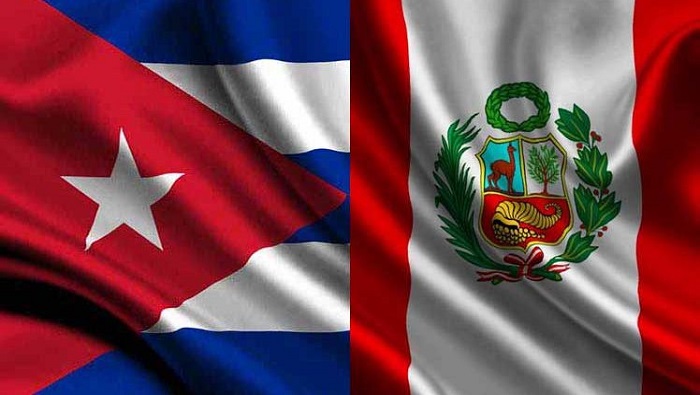 Lima, Mar 8. - The General Confederation of Workers of Peru (CGTP, for its acronym in Spanish) today condemned the new measures of the United States against Cuba's international medical cooperation and against the health care of millions on the island and the world.
Lima, Mar 8. - The General Confederation of Workers of Peru (CGTP, for its acronym in Spanish) today condemned the new measures of the United States against Cuba's international medical cooperation and against the health care of millions on the island and the world.
A statement from the CGTP points out that the denial of visas to those, officials or private individuals from Cuba and other countries who participate in medical cooperation agreements with the island, is based on falsehoods and coercion.
They intend to affect the health services of millions of people in Cuba and the world, ignoring the enormous historical and supportive contribution that Cuba has made to humanity with its heroic armies of white coats, the statement says.
It highlights that Cuban doctors have saved millions of lives in numerous countries, cooperation that, it notes, "fits into the United Nations schemes for South-South cooperation and contributes to the well-being of other peoples, particularly the poorest nations."
The union expresses its solidarity with the Cuban Workers' Union (CTC, for its acronym in Spanish) and with the government of President Miguel Díaz-Canel, in the face of the new attack by the Donald Trump regime against Cuban medical cooperation.
It adds that Cuba has trained tens of thousands of doctors and professionals from more than one hundred countries and, despite the difficult economic situation it faces due to the criminal blockade of the United States, it continues to provide solidarity to the peoples of the world. "Cuban doctors have written a dignified, heroic, glorious and internationalist history, known and recognized by prestigious international organizations, among which the Pan American Health Organization and the World Health Organization stand out," it emphasizes.
It evokes some of the missions of the Cuban brigades, such as the fight against Ebola in Africa, cholera in Haiti, against the aftermath of natural disasters, in Pakistan, Indonesia, Mexico, Ecuador, Peru, Chile and Venezuela, among other countries and also against blindness due to cataracts in Latin America and the Caribbean. (Text and photo: PL)